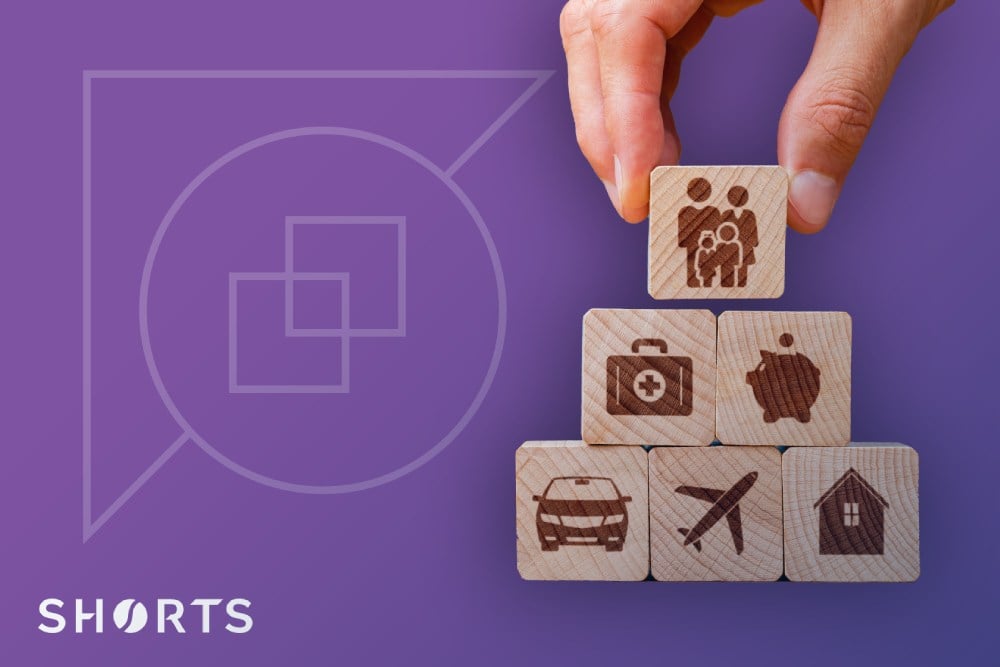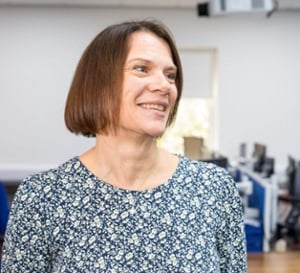
If you have been confused by VAT terminology and are unsure of the difference between being exempt from VAT or zero-rated - you aren't alone. After all, don't they both mean no VAT?
How do VAT exemptions work in the UK?
In the UK, goods and services can be either exempt from VAT (Value Added Tax) or taxable, which could be standard-rated, reduced-rated, or zero-rated. As no VAT is charged on supplies which are exempt and no VAT is charged on zero-rated supplies, it is easy to think they are interchangeable, but there is a very important distinction which is essential to understand.
Why does it matter whether you are exempt from VAT or zero-rated?
As a buyer, it makes very little difference whether a product or service is exempt or zero-rated — no VAT is payable either way.
But as a seller, it makes a difference to whether VAT incurred on the costs of providing the goods or services can be reclaimed from HMRC. If most of a business’s costs have VAT on them, it can make a massive difference to the amount of VAT which can be reclaimed from HMRC.
What does VAT exemption mean?
Certain goods and services are exempt from VAT. This means that they are not subject to VAT and therefore, do not incur the standard 20% VAT charge.
Exempt goods and services include insurance, education, and health services. Any VAT incurred on the provider’s costs in connection with these supplies cannot be reclaimed from HMRC.
Please note that specific conditions or restrictions may apply to certain exemptions, so it's advisable to consult with a VAT expert for further guidance.
Examples of VAT exempt goods and services
- Insurance, finance and credit services
- Some education and training services
- Some charitable fundraising events
- Subscriptions to membership organisations
- Selling, leasing and letting of commercial property
What does it mean to be zero-rated for VAT?
Zero-rated goods and services are those that are taxable but at a rate of 0%.
This means that the customer does not have to pay any VAT as it is charged at a rate of 0%, but because the supply is taxable, the supplier can reclaim VAT paid on the costs of making that supply. Examples of zero-rated goods and services include most food items and children's clothing.
Examples of zero-rated goods and services
- Advertising services for charities
- Certain goods sold at charitable fundraising events
- Equipment for disabled people
- Freight transport to or from a place outside the UK
- Maternity pads and sanitary protection products
- Sale or long lease of a new dwelling
- Passenger transport in a vehicle, boat or aircraft that carries not less than 10 passengers
- Books, magazines and newspapers
- Motorcycle helmets that meet safety standards
- Babywear and children's clothes and footwear
Can goods or services be both zero-rated and exempt from VAT?
Generally speaking, when no VAT is charged on a supply of goods or services, it is because the supply is either zero-rated or exempt. However, sometimes, it is not so clear cut.
Case Study Example: Private Ambulance / Patient Transport ServicesThe Shorts team worked with a non-emergency ambulance and private patient transport company to reassess the VAT treatment of their supplies and enable them to claim back VAT incurred on operating costs in light of a VAT Tribunal case which looked at whether a supply of such exempt services could also be treated as zero-rated. The transport of patients falls under the broader exemption of VAT for healthcare services — applying this exemption meant the client could not claim back the VAT on their costs. However, a company which provided such services argued successfully at a VAT Tribunal that they were also making a supply of passenger transport services, which was zero-rated, and they were, therefore, entitled to claim back the VAT on associated costs such as vehicle purchasing and maintenance. The tribunal ultimately agreed with them. For more information on this interesting case, watch our video below.
|
How do you know whether your sales are exempt from VAT or zero-rated?
Whether goods or services are exempt from VAT or zero-rated depends on the specific nature of the supply and the laws of the country where they are being sold.
Many things that are considered necessities are either exempt or zero-rated and, therefore not subject to VAT.
To determine whether your sales are exempt from VAT or zero-rated, you could start by consulting the HMRC guidance or, better still, seek the advice of a qualified VAT specialist. Our team is happy to help you understand the specific VAT treatment of your sales and ensure that you comply with all VAT regulations.

Lynne Gill
My area of expertise is land and property transactions but I have extensive knowledge of both domestic and international VAT and I love complex VAT queries. I have an Honours degree in Business Studies and a VAT legal and technical qualification from the Institute of Indirect Taxation.
View my articlesTags: VAT
